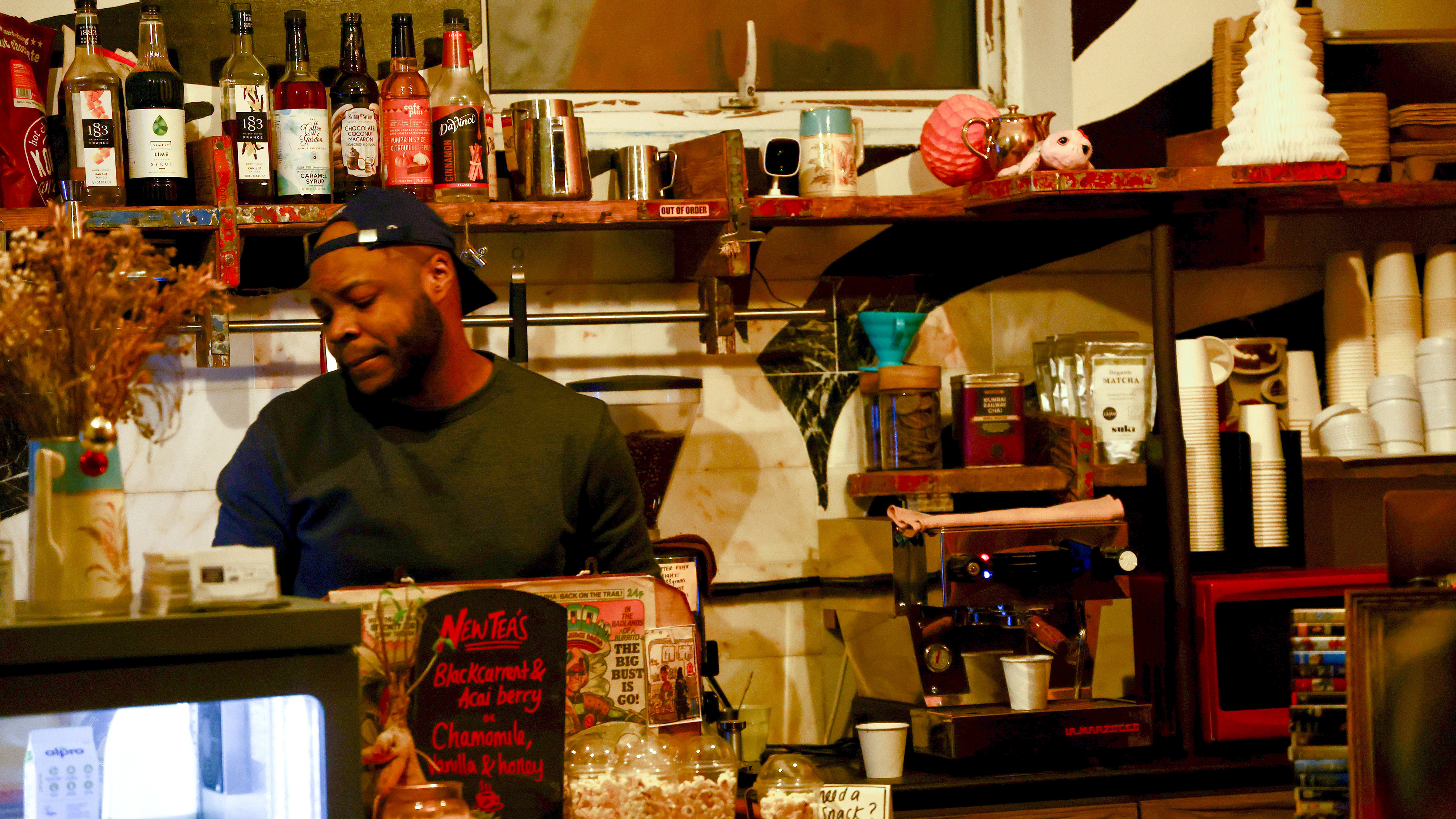Course units
Unit 1: Creative and critical methods
In this unit you will engage with the critical and creative practices of performance research and theatre making. You will look at creative and critical methods of artistic enquiry and examine the relationship between politics and aesthetics as ways of seeing. This will help you gain a deeper understanding of performance as an expanded field and provide context for the development of your social justice practice.
Unit 2: Cultural political practice
The unit will enhance the development of your creative research and critical methods. It will enable you to focus on the modes of practice required to facilitate your socially and politically engaged theatre and performance making and thinking. You will conceive and, where possible, undertake a performance intervention designed to achieve a social justice outcome.
Unit 3: Collaboration
The unit will enable you to extend your collaborative, compositional and research skills. You will work with other MA Performance courses, MA Theatre and Performance Design, or outside your discipline. Projects will seek to develop cross-disciplinary perspectives on some of the global challenges of the time such as climate change, sustainable development and migration. You will also address a key question of primary concern to performance-making as a social justice practice.
Unit 4: Performance research
In the final unit, you’ll complete a self-directed individual, collaborative or collective project drawing on the knowledge and skills developed throughout the course. You’ll examine a specific idea or theme through a critical lens, considering how social, racial and environmental concerns may impact and shape your personal performance practice.
Note: 120 Credits must be passed before the final unit is undertaken.

